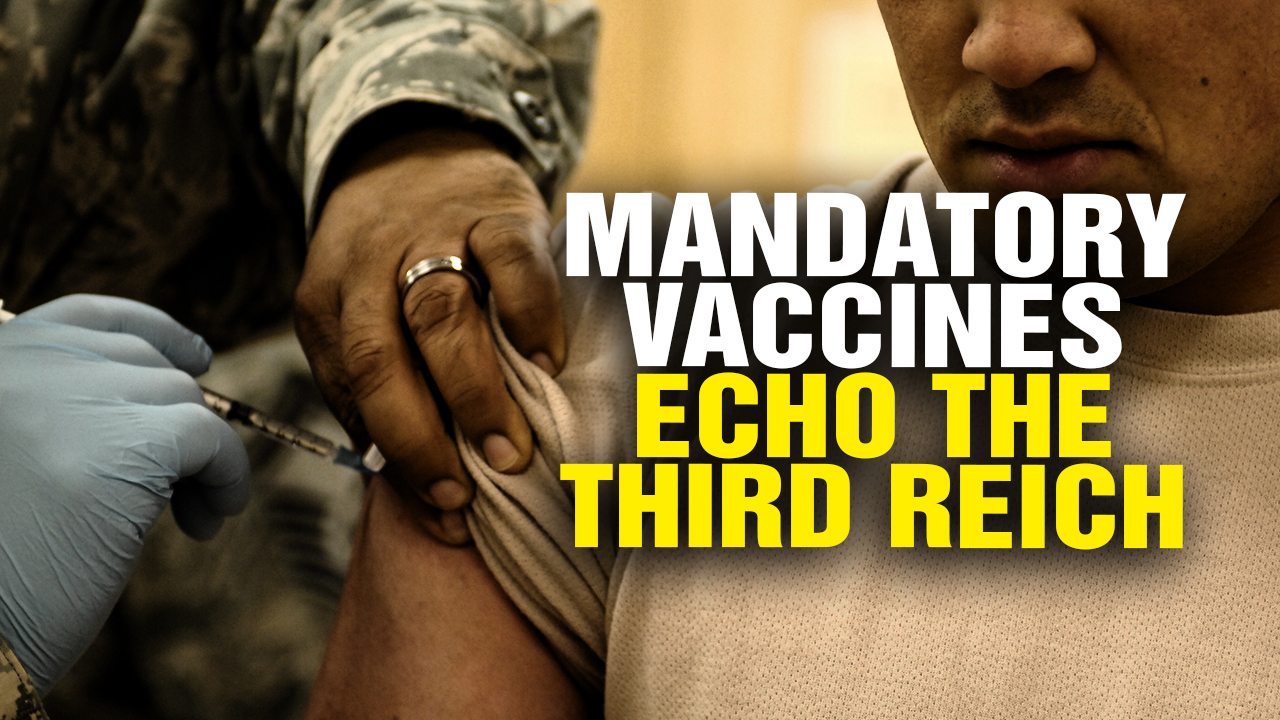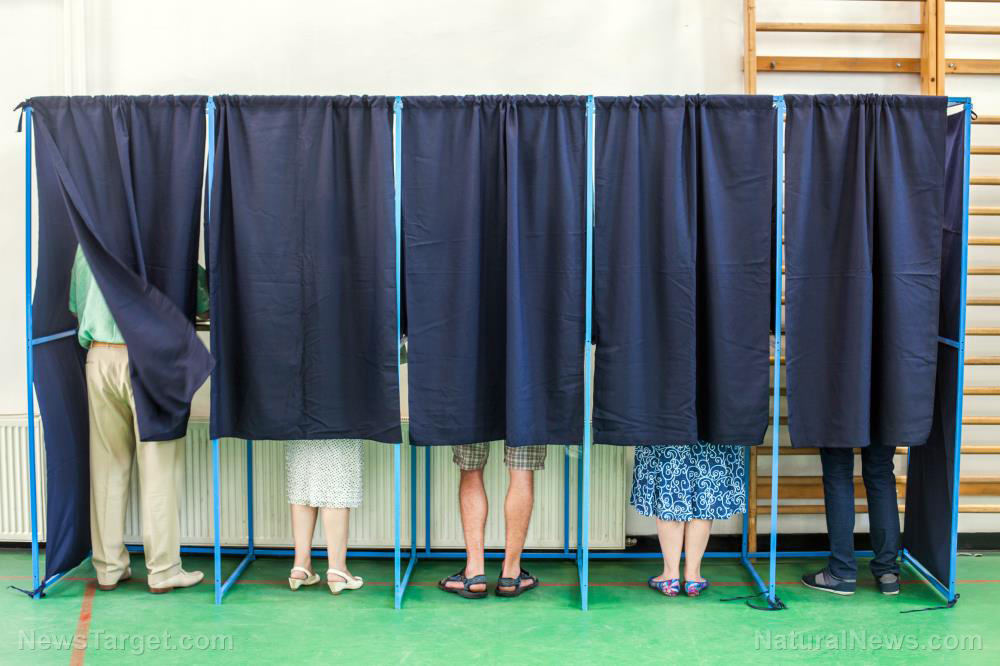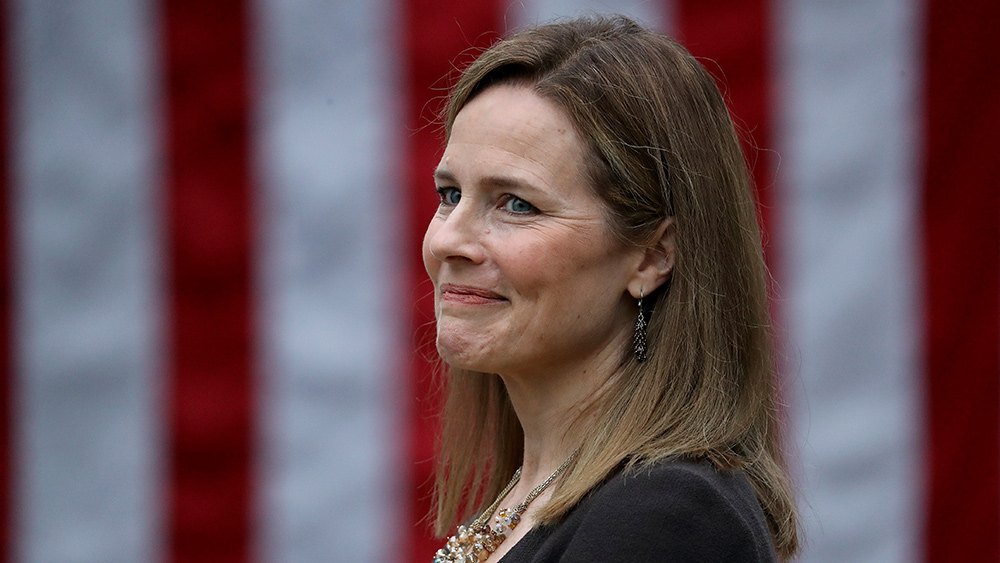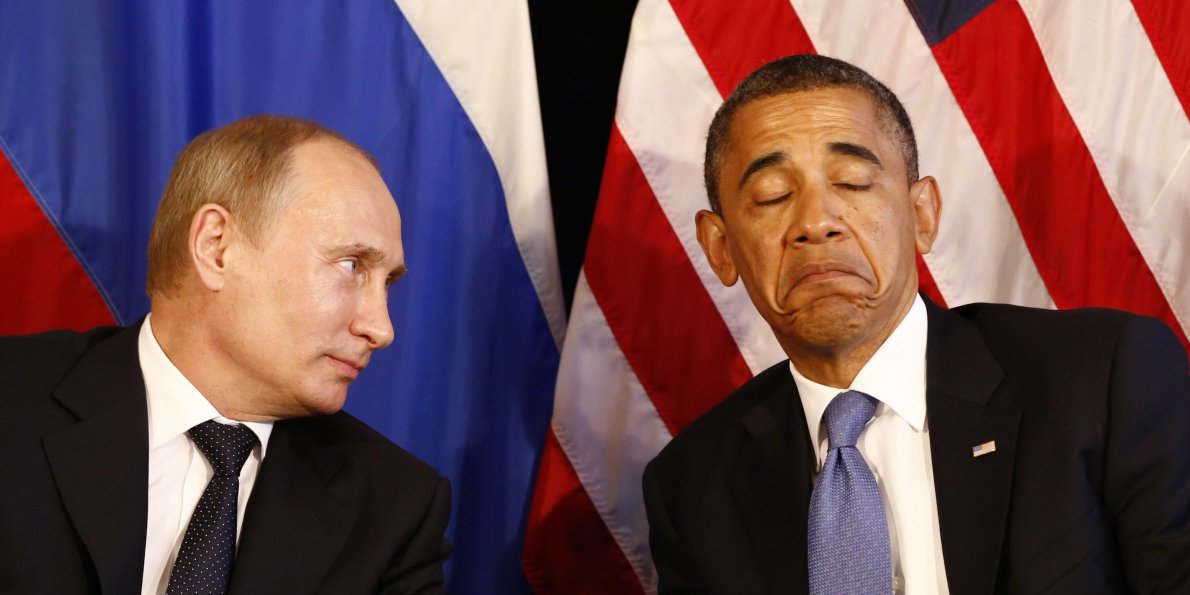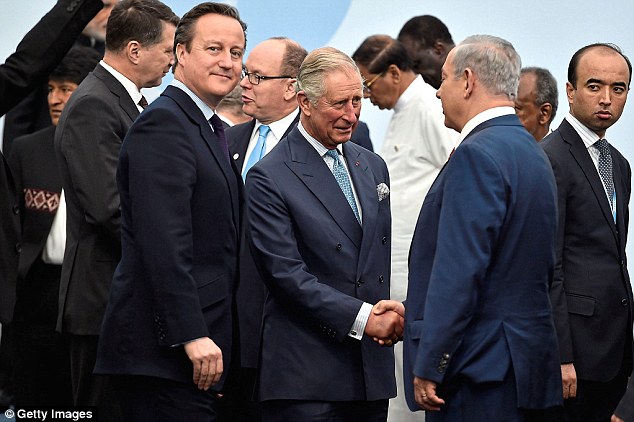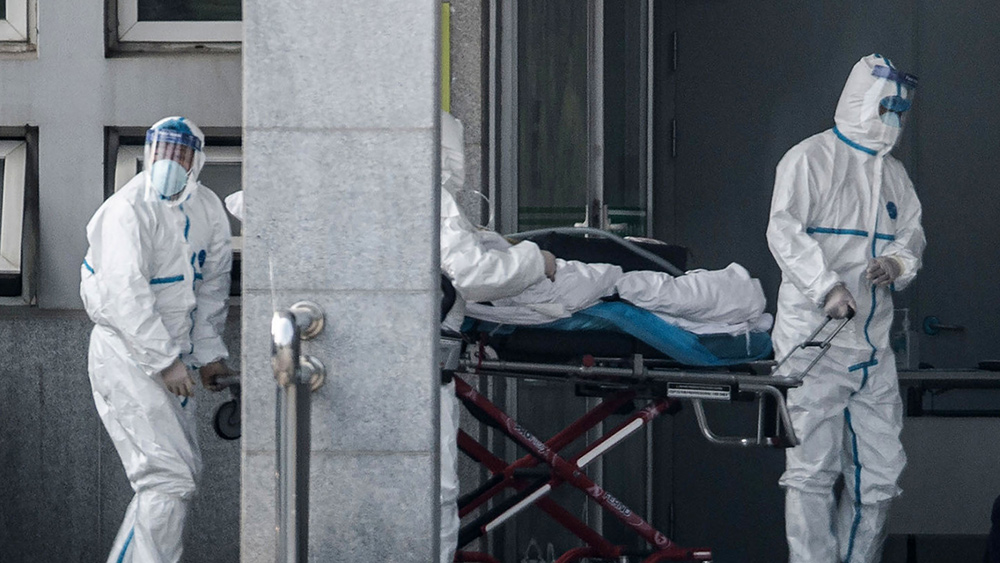DEATH doctors: Push in Canada for medical schools to teach students how to euthanize patients
10/06/2020 / By Cassie B.

Right now, a push is on in Canada to convince medical schools to teach their students to euthanize patients. Hiding the idea of committing homicide behind the slightly more palatable term “medical assistance in dying,” or MAID, the Canadian Medical Educational Journal has listed suggestions on how medical schools might be persuaded to add lethal injection training to their curricula.
The study suggests using faculty development modules to help with delivering knowledge and “reconciliation of personal beliefs.” It states: “It is essential to identify the forces impacting MAID content inclusion in curricula, so the drivers of change can be capitalized, and the “inertial constraints” are recognized and mitigated to move health sciences curriculum into an era of MAID as a legally available care option.”
Although the Supreme Court of Canada has declared a nationwide right to euthanasia, the idea that time that might have normally been spent teaching doctors how to heal, treat and advise those with serious illnesses might now instead be spent showing students how to kill those patients is extremely troubling.
Moreover, this type of instruction means that professors will have to persuade students that killing people who are ill is somehow acceptable and even ethical, which goes against the very basis of medical school in the first place.
In Canada, physicians and nurse practitioners (in some provinces) can provide MAID, while pharmacists and family members can help in the process without facing criminal charges, according to the Canadian government’s official website. Patients must be part of the government healthcare system, at least 18 years old and mentally competent, suffering from a “grievous and irremediable medical condition” and be at a point where their natural death is “reasonably foreseeable.”
The site specifies that a person does not have to have a terminal or fatal condition to be eligible for MAID.
Doctors want to save lives, not end them
The law does offer some protection to providers to act in accordance with their beliefs, stating that no one can be forced to provide MAID. However, doctors are generally obligated to provide their patients with a meaningful connection to doctors who are willing to carry out procedures like MAID as well as abortion, contraception, medical care for transgender patients, and other areas where there may be religious objections.
Some doctors who have previously performed MAIDs have asked to be permanently removed from voluntary referral lists because of the emotional distress the process has caused them. Some have also cited a fear of prosecution should their decisions be second-guessed. Although specific numbers were not provided, the Canadian Medical Association’s Vice President of Medical Professionalism, Dr. Jeff Blackmer, said that it was enough to be noted at the systemic level.
“And then we’re seeing doctors who go through one experience and it’s just overwhelming, it’s too difficult, and those are the ones who say, ‘take my name off the list. I can’t do any more,” he added.
Some people are also concerned about the organ donation aspect of MAID and how that factors into the motivations of those pressuring for MAID to be taught and practiced. The organ donation organizations in some provinces work with MAID patients to facilitate organ donation. Scientific American reports that donation works well after MAID compared to other situations because patients tend to die quickly enough after intravenous euthanasia that their organs are still viable.
Many doctors cite a desire to save people’s lives as their reason for pursuing their career path; asking them to take people’s lives goes directly against that philosophy. This may even be enough to drive some potentially very good doctors away from this career path in the first place.
Sources for this article include:
Tagged Under: bad doctors, Canada, death, euthanasia, health freedom, MAID, medical ethics, medical school, physicians, religious freedom, Twisted
RECENT NEWS & ARTICLES
COPYRIGHT © 2017 TWISTED.NEWS
All content posted on this site is protected under Free Speech. Twisted.news is not responsible for content written by contributing authors. The information on this site is provided for educational and entertainment purposes only. It is not intended as a substitute for professional advice of any kind. Twisted.news assumes no responsibility for the use or misuse of this material. All trademarks, registered trademarks and service marks mentioned on this site are the property of their respective owners.

